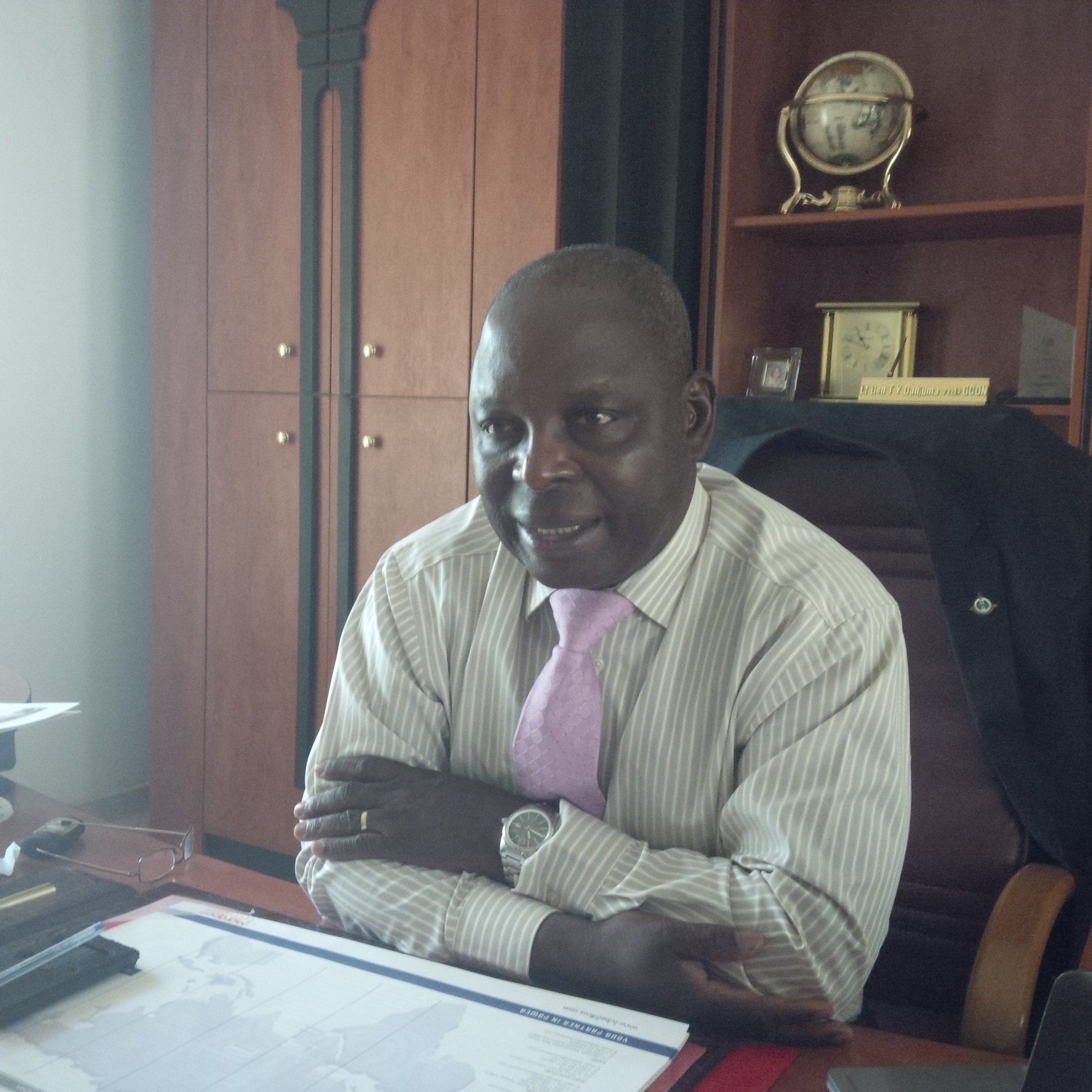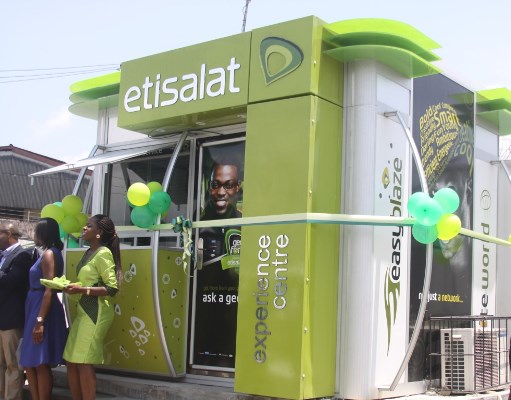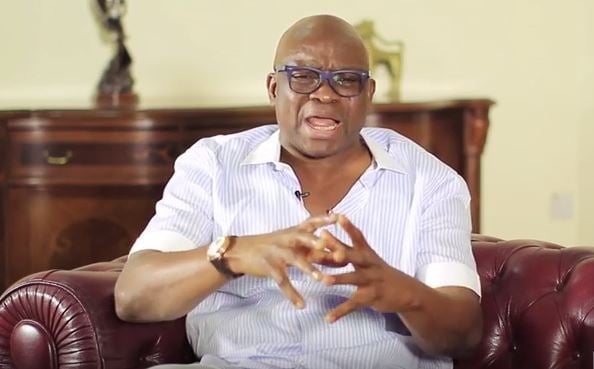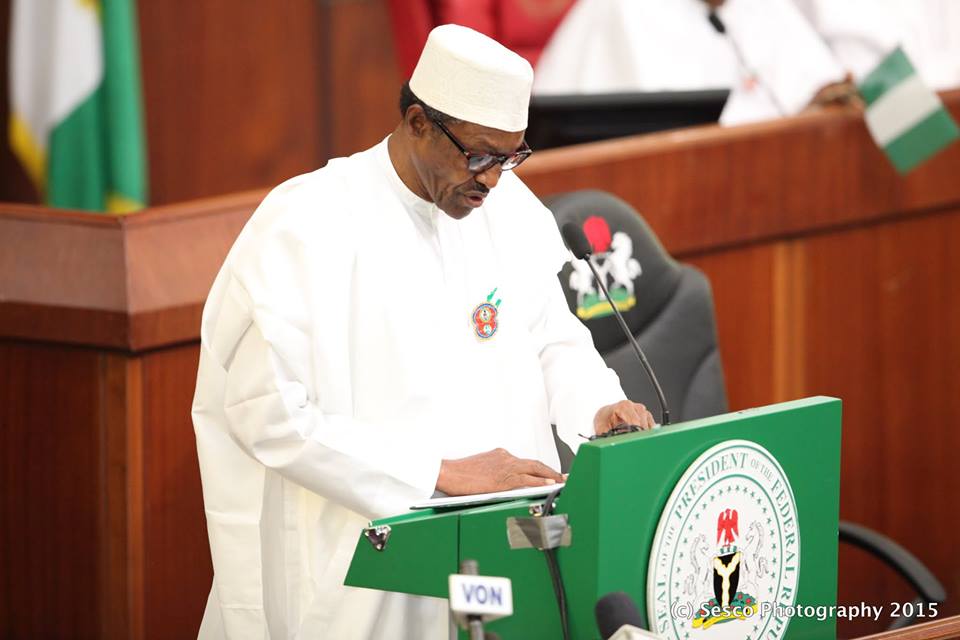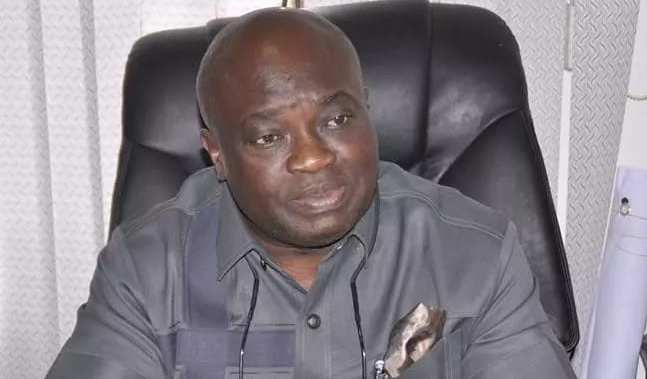Sunday Ochoche, executive director of Victim Support Fund
Constituted in 2014 by former president, Goodluck Jonathan, the Victim Support Fund (VSF) is a foundation established to restore the livelihoods of victims of insurgency and to set the background for peace-building in war-ravaged areas of the country.
In this interview with TheCable, Sunday Ochoche, executive director of the fund, explains the progress made by the organisation towards delivering on its mandate of catering to the pivotal needs of victims of insurgency.
How much money did the organisation generate as of May 29, 2015?
By that period, I believe we had generated about N22bn; the other fund that came in after that was from the new government of Muhammadu Buhari, that is the government redeeming the balance of the previous administration’s pledge, which was an additional N5bn.
Advertisement
So N5bn has been redeemed by the Buhari government?
Yes. Remember that the government pledged N10bn. President Jonathan immediately gave N5bn, so there was an outstanding N5bn which when, President Buhari came to power, he redeemed.
What has VSF done so far in the light humanitarian crisis in the northeast?
Advertisement
Part of the funds that came in around May, we disbursed N2bn of it to the safe school initiative. The initiative tries to address the problem of education for the victims. Since then, a number of our programmes have come on stream. For example, we have been able to provide support for a number of hospitals that are involved in the management of bomb blast victims, and those injured in attacks.
What kind of support?
We give cash grants to hospitals… because they have the medical capacity to determine what the needs of the patients are, we give the cash grants to them. There are 14 hospitals that are currently benefitting from this grant. Most of them are in the northeast, but we have two in Kano, two in Plateau, and also the national hospital in Abuja. So, there are five hospitals outside the northeast that are benefitting from this. We have given out a total of N247m to these hospitals to provide free and enhanced medical treatment to victims of bomb blasts and armed attacks similar to the one that happened at Dalori two days ago. I can assure you that most of the victims who suffered injury at the Dalori camp will be benefitting from the grant given to the university teaching hospital and the specialist hospital in Maiduguri. They will be enjoying free medical treatment.
Additionally, we have supported a number of pregnant women at the camps in Maiduguri. These we did jointly with NEMA. There were a number of women pregnant at the camps; medical support was a problem. NEMA provided what was called the dignity kit, but we went further by giving N10,000 each to these women at the camps in Maiduguri to help them manage their pre and post-natal care.
Advertisement
We have also flagged off our support for educational empowerment for children in the northeast. We are supporting 20, 000 children in the northeast. For these children, we are providing everything they need for school. The books, all the school supplies we are providing them.
We are also implementing our economic empowerment programme for women – 5, 000 women are in the first phase. We have commenced with 1, 000 women. These women have gone through some basic trainings on managing cooperatives, on entrepreneurship, and after that, we have given them N20, 000 each; that’s a total of N20m. We are helping them with the basic means that will help them to start off something. We have visited them to see how they are doing, and it is amazing what these women are doing.
We have been able to go to other difficult-to-access areas like Dikwa and Gamboru-Ngala. The humanitarian crisis in those places is huge. At Dikwa alone, there were about 72, 000 people in one camp. The situation was very rough. We are trying to make support shelters for displaced persons, as well as provide water. At Gamboru-Ngala, there were no camps initially, but we are in the process of providing additional shelters.
How do you generate funds to sustain these programmes?
Advertisement
The first thing we are doing is to follow-up with those who have not redeemed their pledges. There is nearly N30bn that has not been redeemed. The fund has consistently emphasised that it is open for all Nigerians to support. At the moment, we are busy trying to see how far we can utilise the funds we have. We want to use what we have as a demonstration to the world of our dependability, functionality and capacity to deliver what we have been put in place to do.
How do you manage ‘stomach infrastructure’ for the internally-displaced persons (IDPs)?
Advertisement
The federal government has directed VSF to hands off food intervention, because that is the area for NEMA. We appreciate the challenges in that area, but we do not do food.
Is it right to say the funds you have are not enough to cover the needs of victims of insurgency?
Advertisement
The funds we have can only meet a small part of the needs. Nobody has anything close to what is required.
Advertisement

